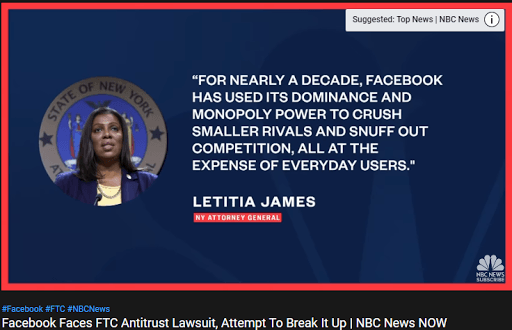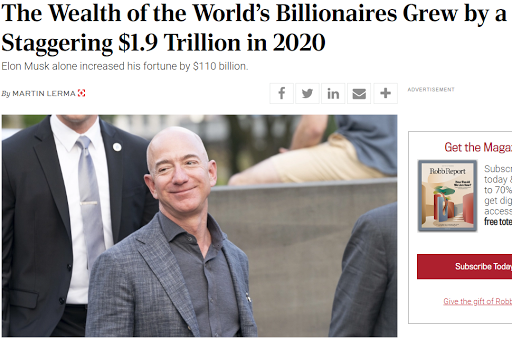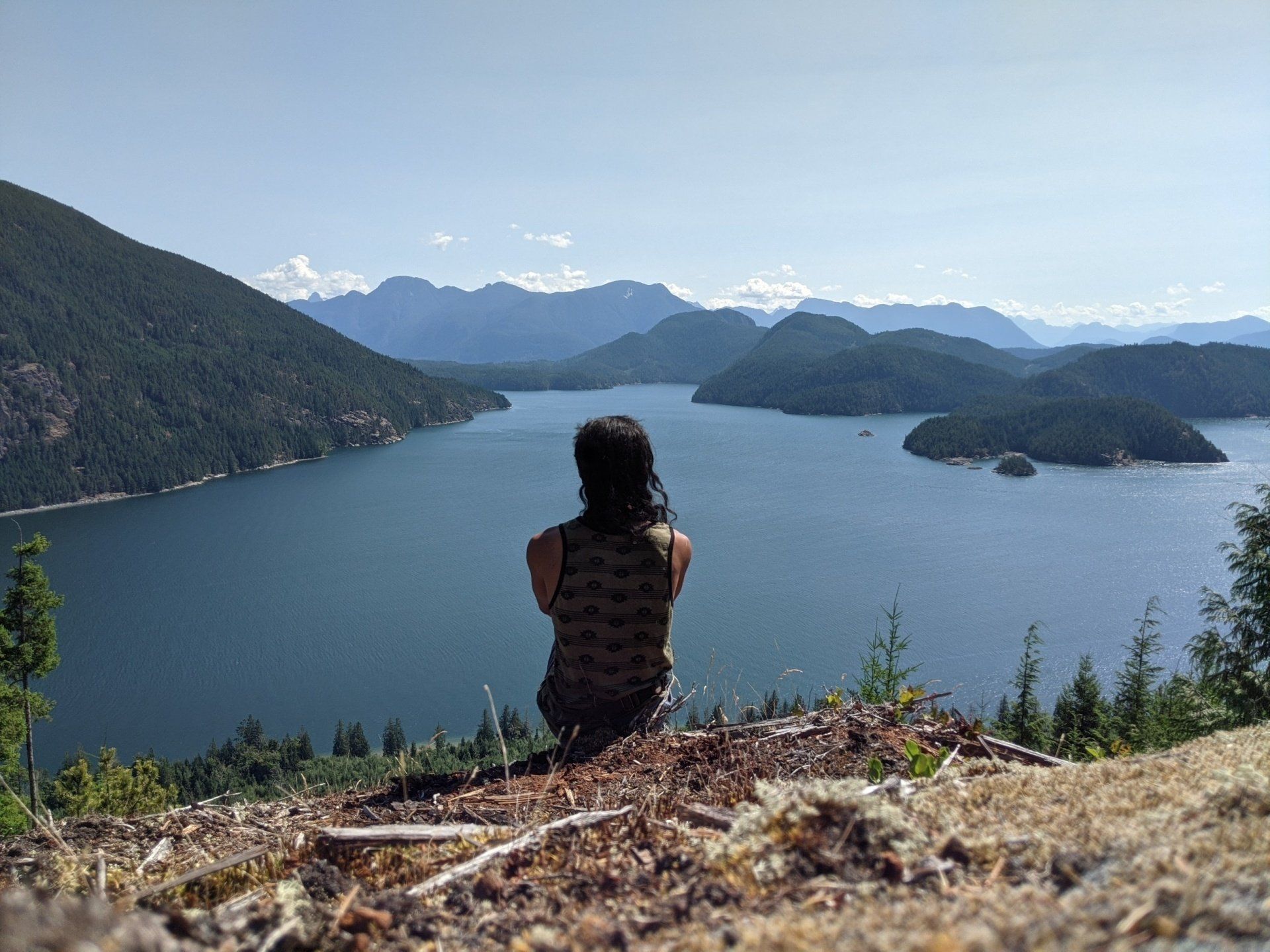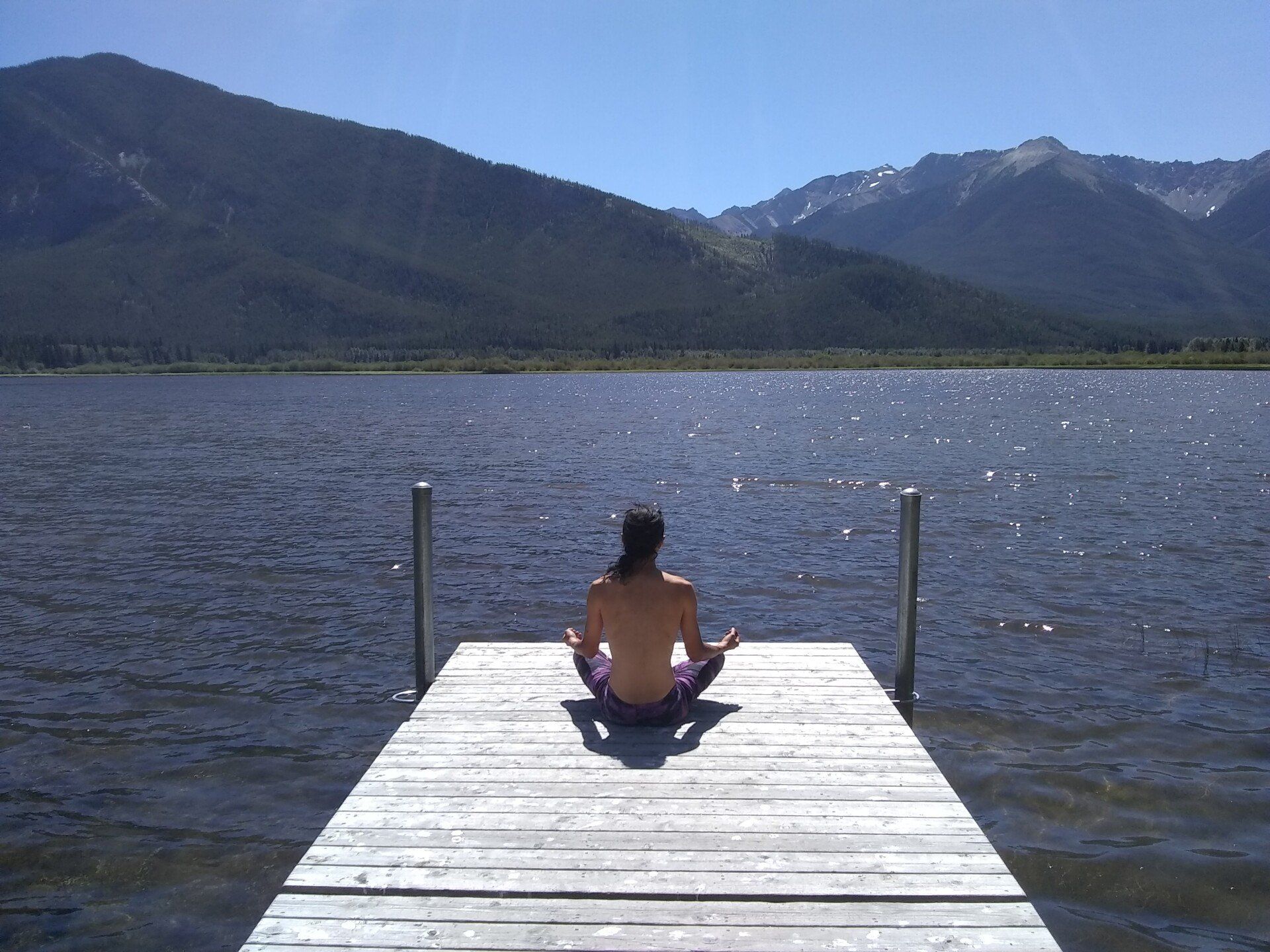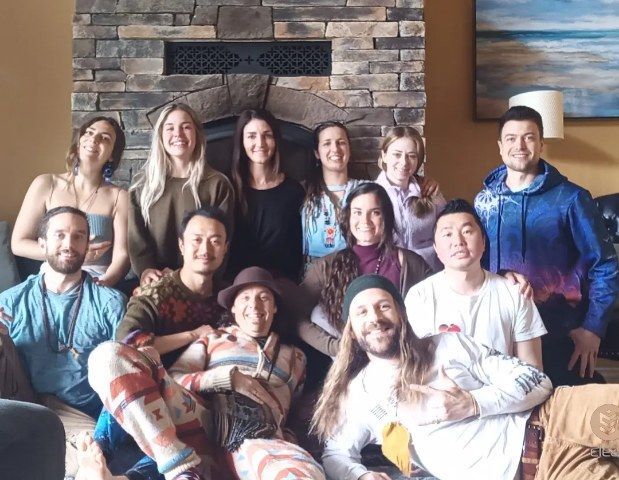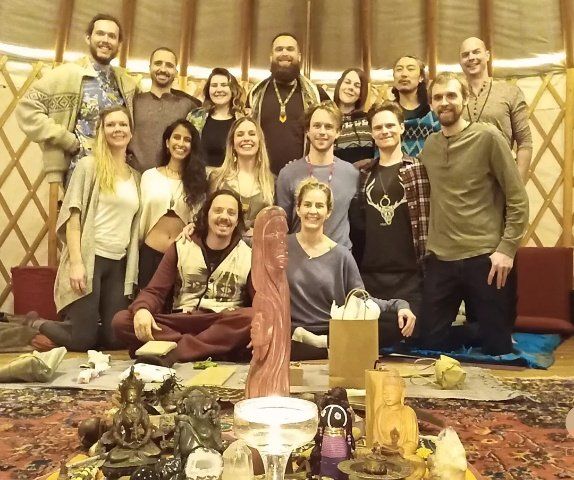2021 Resolution - Get Off Facebook before 2022
Andrew Lee • January 9, 2021
2021 resolution: transition completely off of Facebook by the end of the year
I don't normally do New Year's Resolutions because I am someone who puts personal growth as a top priority and puts it in practice on a daily basis. However, I mean to make a spectacle of this one, because the success of this resolution depends on the people around me.
Why am I doing this, you ask? I think you already know many of the reasons but have chosen denial to maintain your dependence on this platform. As have I - until this year anyway. I cannot face my denial any longer.
The first obvious reason to me is big tech has gotten too big. This has led big tech to abuse their power and market share to erode free market principles of fair competition in order to cement their position at the top. In addition, it has led to the erosion of net neutrality, which is free and democratic access to information for all.
The Case Against Big Tech
In November and December 2020 lawsuits were filed by various high-level organizations against the largest technology corporations - Facebook, Microsoft, Amazon and Google.
Microsoft
was sued by a joint effort by Canadian provinces for fixing prices of their products, knowing their customers had no alternatives. Microsoft is quietly settling for up to $517 million, and any Canadian who has purchased a Microsoft product since 1998 date can actually apply to get some money back.
Google
was sued by both USA state governments as well as the European Union for unfairly cornering the market for general internet search, plus advertising services. They did this in many ways, but primarily by paying browser providers to make Google their default search engine. They even pay Apple in the order of billions of dollars a year to make Google the default search
on their Safari browser!
Amazon
was also sued by the EU
a few months ago for using data from vendors on its platform in order to make and price Amazon-branded products that would outcompete those vendors.
Finally that brings me to Facebook.
FB was sued for antitrust by the Federal Trade Commission in collaboration with most USA states. Specifically, they acquired competitors to maintain market share
in the social media space, through purchasing both Instagram ($1 billion) and WhatsApp ($19 billion!). The FTC hopes to force FB to divest both of these acquisitions.
Antitrust is a concept that has been around since the dawn and boom of corporations, specifically during the oil boom of the mid-1800's. Rockefeller began buying up oil producing competitors around him. Once he achieved a certain market share he began fixing prices in order to put his remaining competitors out of business so he could buy them out too. This sparked perhaps the first major antitrust lawsuit in history. But a lot has changed since then and, not only that, change is happening at exponential speed in the tech space - it's hard for regulating bodies to keep up. That's why it took so long for these lawsuits to come to fruition.
The lawsuit against FB may not make much of a difference to the everyday user, but one aspect of FB which has a massive impact is its abuse of power to monitor and censor content and messaging. Its censoring of information undermines a free and democratic internet for the people, and freedom to communicate without surveillance. All of this is hardly a secret - these issues are covered in the Netflix documentary The Social Dilemma.
FB has dominated almost every arena of our virtual world. From its humble roots to connect friends and family, it has expanded its sphere of influence to become our event organizer, maps and even marketplace. We have come to depend heavily on it for our livelihood. So why does such a powerful tool that we now almost can't live without also spy on us and censor us?
Because it has no competition. Because it bought them out and, once it achieved market dominance, lost the incentive to innovate and serve their customers, FB users, before their own needs. If there was stronger competition in the social media space FB would be forced to innovate and treat its users more fairly, lest they find a viable alternative.
Why does a tool initially created to serve us now do more to serve itself while maintaining a mirage of serving us first? And most importantly why do we do nothing about this and let it happen? These are very difficult questions which lead to dark truths to face and most of us, myself included, have continued to turn a blind eye to our own hypocrisy for using such a double-edged tool. It's very difficult to fight for a fair world without facing some sort of hypocrisy. People fighting for the transition away from fossil fuels get accused of driving a car.
This may be a fair argument in some places but not all. Most people who know me know I do more than most people to lead with action for environmental change - after all, I have not taken an indoor shower in a year and a half! And have dumpster dived all my food for the past two months! - yet I don't know what I'd do in Canada without my car. It's my one privilege I choose to have.
And I'm sure people may accuse me of continuing to use Instagram and WhatsApp after leaving FB. Hopefully the FTC is successful in forcing FB to divest those companies. I started using WhatsApp specifically as an alternative to FB in the first place, and felt great disappointment about its acquisition. So it feels very unfair and difficult for me that I now have to find yet another new alternative and expect my friends to all come along with me.
The wheels of oppression make us so dependent on the system that we feel we have no alternatives, and uses hypocrisy to make us feel guilty for even considering finding alternatives to the system.
The Alternatives
Well there are alternatives out there. I hope that I can convince as many friends and family to switch over to these alternatives before I cut myself free from the tentacles of FB.
MeWe
is probably FB's biggest competitor. It values privacy above all else - your messaging is private and your data is not mined and sold to advertisers. MeWe's free version looks and has many of the same features as FB such as profiles, news feeds, groups, pages and events. It also comes with an app for messaging and browsing. You can upgrade to a few paid versions for greater functionality, such as having access to emojis or Slack-like workgroups. Since MeWe doesn't monetize your data, offering paid versions is the social network's only form of revenue. But even if you were to use it only for staying in contact with friends like me (here's my profile) you can easily stick with the free version.
Telegram
is probably the most popular messenger app alternative. However, if you're looking for ultimate privacy, Signal
is the best messenger app for this - it is used by activists to organize rallies. Even Elon Musk is recommending
these apps! Both apps register your phone number, however, allow you to keep in touch with people all over the world. Please ask for my phone number if you would like to stay in touch through these apps!
For general search DuckDuckGo
is a great alternative to Google, which prioritizes your privacy. Other more ecologically focused searches include Ecosia and OceanHero. As for marketplaces, I would urge shoppers to go local and support small businesses. Economies are meant to be circular, and operate this way by staying local and small, instead of like a pyramid where profits funnel to the top.
While for this blog I focused on the wrongdoings of big tech, it is important to note how their technology affects mental health. It is proven that social media increases depression
and and loneliness. The best way to combat this? Get off it! Real connection that leads to long lasting happiness is direct and face-to-face. I myself have gone on several social media detoxes and they have all been so liberating. And those detoxes have prepared me for my big moment - to step away from FB once and for all.
As consumers we cannot wait for governments and regulators to put the reins on big tech - we must vote with our own dollars and opt for alternatives such as the ones listed above. I'm taking one major step by getting off FB, and am taking all of 2021 to help transition as many of my friends as possible to so I don't have to sacrifice my online community. Though I am still sure to lose contact with many friends, I am ready for this sacrifice and am steadfast in my resolve.
So friends, please come with me! Add me on MeWe or connect with me on Telegram or Signal with our phone numbers. Just message me through FB while we both still have it :)
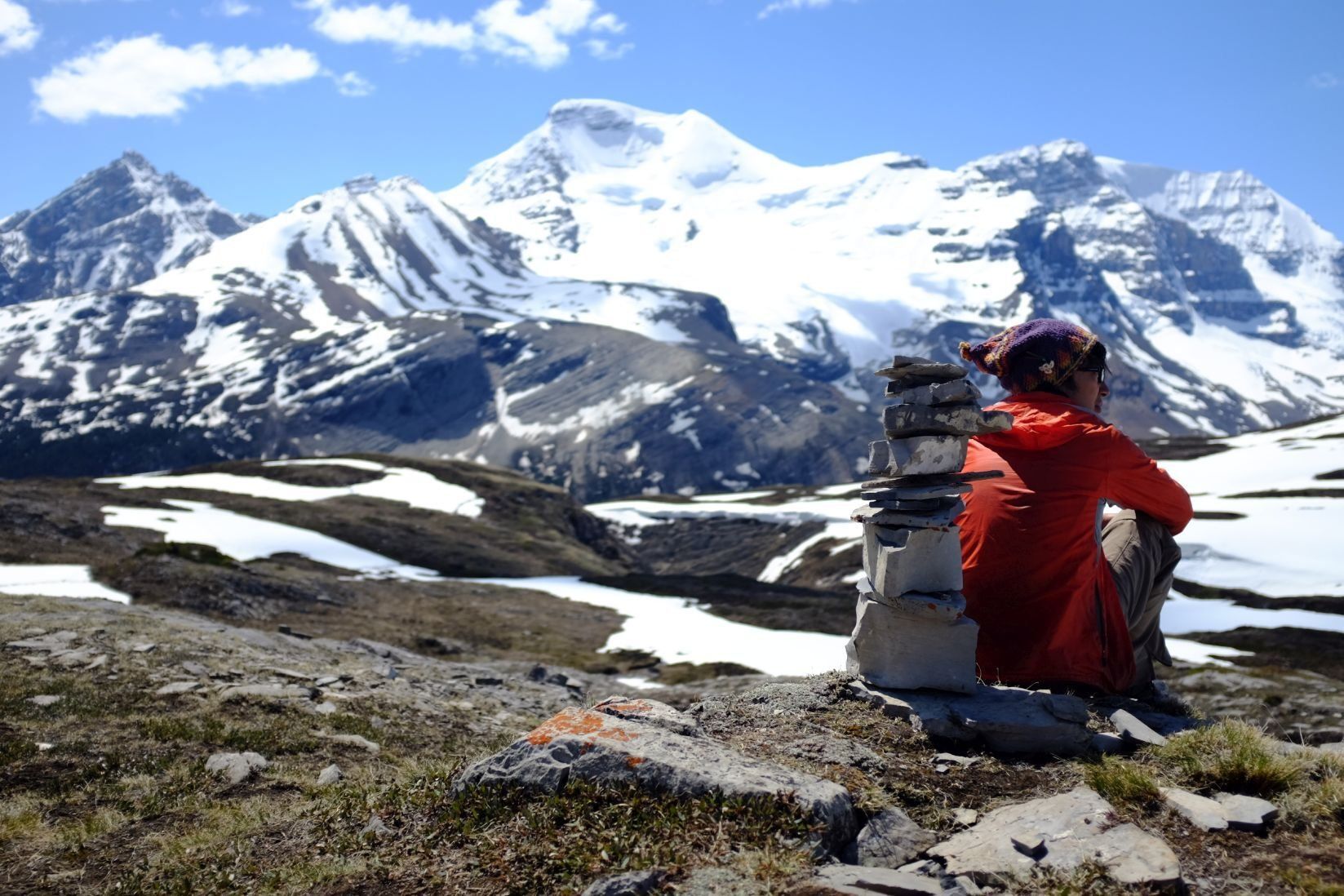
"People shouldn't be afraid of their governments. Governments should be afraid of their people." This phrase from my favourite movie alludes to the fact that the people should be the prevailing force that keeps their government in check. At some point a government becomes too big and starts looking after its own interests, no longer serving the needs of the people it was created for. Governments have long been the dominant organizations of the 20th century. In the 21st century technology corporations are eclipsing governments. Rapidly advancing technology has increased not only the influence of these national and multinational organizations, but their ability to monopolize even more power. When organizations reach a certain size, just like governments, they no longer act to serve the people, but their own interests. T here are plenty of examples of this throughout history. Facebook was recently exposed, when a former employee and whistleblower testified to the US Senate that the company repeatedly faced conflict of interests over profits versus reducing division, and always put profit first. Polarization for Profit How was FB able to do this? Typically if a company was exposed for not serving its customers' best interests, customers would take their business elsewhere. But with social media, there is almost nowhere else to go. FB has cornered the market, and intentionally bought or squashed competitors to cement its dominance in the space. Undermining free market principles has allowed FB to serve its own interests over the interests of its customers. They are maximizing their profit by allowing dishonest science to go viral, and allowing divide and conquer to occur. Facebook isn't the only big tech company guilty of this activity. Google, Microsoft and Apple have been sued for antitrust actions . And big tech isn't the only corporate sector valuing profit over people. Nearly all the largest corporations are guilty of some sort of fraudulent behavior, whether it's big oil, big pharma, big agriculture or big food. Governments are not only complicit in allowing corporate abuse to occur, they are often hand-in-hand with corporations and mainstream media. I've seen this first-hand with my experience at the Fairy Creek Blockade , the largest act of civil disobedience in Canadian history, preventing old growth logging on Vancouver Island. On the ground at Fairy Creek I've witnessed a coming together of some of the most beautiful and inspiring humans, passionately protecting the environment against corrupt political leader Premier Horgan, who went back on his word to stop old growth logging. In the news, however, there's little to no coverage of the events, and what coverage there is, is highly skewed against the protesters. It was here where my direct experience caused me to lose faith in mainstream media, and to see how they are under the sway of existing power structures. To see how they would take certain photos or video snippets and portray them in a different light, to make protesters appear irresponsible or incompetent. Or to portray the Premier's words and actions as if he was resolving the issue, when in reality he was deceiving the public. The Psychology of Polarization So why, on a psychological level, is polarization catalyzed by social media? It's quite simple really. Technology has eroded the quality of communication between people. There is a richness to face-to-face communication that cannot be conveyed. Studies have shown that 90% of communication is nonverbal (body language and voice tone), meaning only 10% of communication is through words alone. Words alone are such a poor quality of communication that they do not properly express the author's full meaning, and are too easily misinterpreted by the reader due to their own biases. This is especially true with words on a screen, transmitted through instant messages or social media posts. And yet it has become the most dominant form of communication due to its convenience. How many times did you misinterpret a text or a social media post, and respond with a critical comment? How often did this needlessly escalate into a full blown conflict? It happened quite a bit in the past with me, and I eventually learned to resolve disagreements with a phone call or meeting face-to-face. Unfortunately, too many people rely on texting because they have gotten too used to it and have lost their ability and initiative to resolve conflicts in person. Humans are still wired for face-to-face communication, and this is particularly necessary when resolving conflicts. Today, we are creating conflicts through texting and comments on social media posts. This is a recipe for disaster, a vicious cycle of misinterpretation where one comment blows up into massive conflicts. And, as mentioned in the previous section, Facebook is aware that this is happening on their platform, and instead of working to resolve it, they are exacerbating the problem. But the sole goal, the very existence of a corporation, is profit. Any non-financial consequence is a mere externality. Bridging the Communication Gap Seeing the bigger picture isn't easy. It takes a trauma-informed understanding of how the world got this way, in order to move forward with nonviolent solutions that bring people together, not further apart. The majority of people are living in fear. Their nervous systems are constantly in hypervigilance, meaning they are on edge, ready to engage in fight or flight. Showing them disagreeable information will only trigger their fight or flight, and potentially start a vicious cycle of arguing. People living in this way carry a narrowed perspective, focusing only on survival, and are thus unable to see the bigger picture. In order to engage with people on the other side of the coin, social media is not the answer because its low quality medium of communication creates further division. What's needed is the exact opposite . The one antidote in a time of such extreme polarization and division is face-to-face conversations with those we disagree with. This is also exactly what is being discouraged by the pandemic. Mask mandates have undermined our ability to see and read facial gestures. Closures of small businesses and gathering places have prevented the opportunities for holding the gatherings and face-to-face conversations needed to bridge this gap. It is critical to be able to spend time with people we don't know in order to break down each other's walls, and eventually feel safe sharing information without feeling antagonized. The Way Forward More and more people out there are realizing deep down that not all is as it seems. If I have a plea to you, it is, against all odds, to take the courageous step to gather with people and have face-to-face conversations again. If you can do this with people you already feel safe with and who share your views, then do this with people who you don't agree with. Start by smiling at strangers outdoors. Engage in friendly conversation. Unmasked people have been framed as antagonists. If you are brave enough to go into indoor businesses without masks, smiling at people completely disarms their hypervigilance. This is exactly what I have been doing, and the vast majority of my interactions have been positive or innocuous. I've had people smile back at me and acknowledge my bravery, and others follow my lead and take off their mask. Unmasked and smiling, you are a shining light, a warrior. You are an inspiration to others who sense something is wrong but are too afraid to act out against the narrative. Even if you have confrontations, smiling and holding your head high, proves to the confronters that you are a compassionate individual. Not only are you disarming the narrative, but you are disarming nervous systems. I certainly have had a few business owners ask me to put on a mask or leave, and obliged their concerns with a smile. If conflicts occur through your social media platforms, engage directly with others through phone calls or voice messages. This has been my most effective tool for deescalating conflicts. However, I choose phone calls and voice messages over texting more and more often these days in general, because my friends and I value the richness of expressing in voice and hearing each other's voices. Polarization is one of the greatest invisible threats to society, preventing people from uniting in action against tangible and urgent threats. It is up to all of us individually to overcome these barriers, through gathering and having face-to-face conversations again, with those we do and do not share views with.

